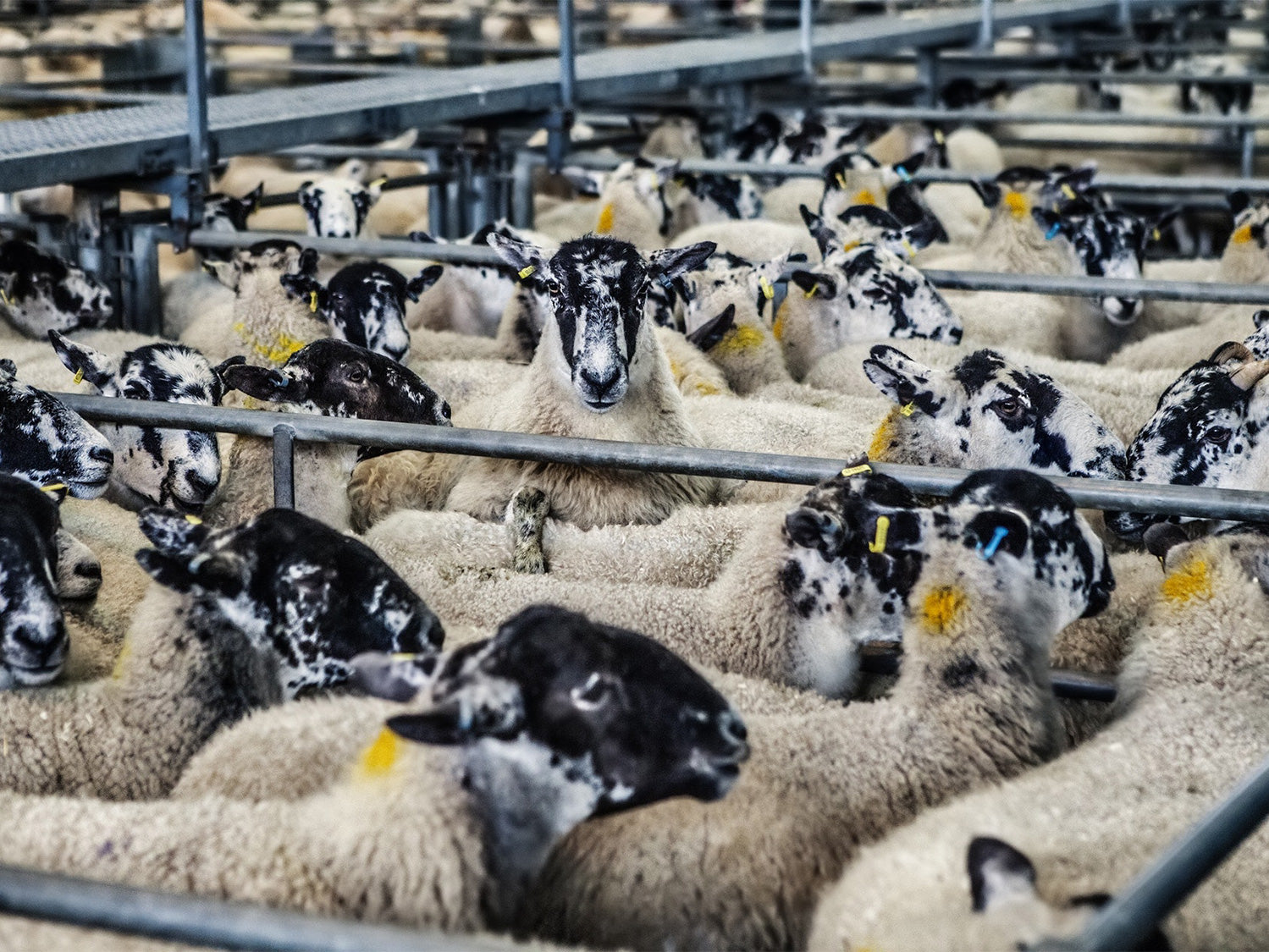
Are you ready for the new abattoir CCTV regulations?
After years of sustained campaigning from animal rights groups, earlier this year saw the government pass sweeping regulations to require all slaughterhouses to install CCTV systems. The hope is that the increased monitoring can not only help prosecute abuses, but also use the extra transparency to keep public trust in the meat industry. Whilst the legislation was passed this May, producers might not be aware that the deadline for installing CCTV is rapidly approaching – 5th November. Choosing and installing an effective CCTV system can sometimes take extensive planning, so we thought this would be the perfect time to go through the new abattoir CCTV regulations, and highlight some of the possible pitfalls to consider.
Government guidance
The government have helpfully provided a full rundown of the new rules, available from the link below:
Guidance for operators of slaughterhouses
The first thing we recommend is reading through these, as it spells out the new regulations in great detail. Our guide below doesn’t cover every element of the law, but are some of the main points that we feel should be taken into consideration, from our perspective as specialist sellers of livestock monitoring and farming CCTV systems.
Important things to consider
- The regulations only cover abattoirs operating in England, not other regions of the UK
- The 5th November starting date for enforcement is really, really soon. Planning and installing a large system can take much longer than you realise, so if you haven’t developed a plan for your business then you should start as soon as possible
- CCTV needs to cover every area of the property where there are live animals, including “unloading, lairage, handling, restraining, stunning, bleeding and killing areas”. For this, we generally recommend cameras with wide angle lenses. Cameras with closely cropped zooms, or Pan-Tilt-Zoom cameras that move around would not be ideal, as you would need far more of them to prevent having any blind spots in your coverage
- Recordings need to provide a “complete and clear image”, with enough recorded detail to allow identification of people. To achieve this, we would recommend cameras with at least 1080p (2MP) resolution, although this may need to be higher in larger rooms where subjects are farther away. In darker rooms, night vision cameras will also be needed. This is standard these days, but make sure you choose cameras that have the right night vision range to illuminate any possible subjects
- Video needs to be recorded with a high enough frame rate for motion to be smooth and clear. Whilst they don’t require a specific frame rate, they recommend cameras recording at least 15 frames per second. Whilst that’s not very impressive in TV terms, it’s quite high for a multi camera CCTV system, so make sure you go for a digital video recorder that can handle this amount of data
- Perhaps most alarmingly, the regulations call for videos to be held for at least 90 days before being deleted. Compare this to requirements for venues that sell alcohol, who are only required under licence terms to hold footage for 30 days. Combined with 15fps recording, this can lead to some eye wateringly large potential storage requirements. As an approximate example, 4 cameras recording 1080p at 15fps 24/7 for 90 days would need over 8TB! Luckily, there are some ways to cut this down. Our Hikvision IP cameras can use efficient H.265 video compression, which can reduce storage requirements by around 40%.
- Another thing to consider when planning storage, is that the regulations only need you to record when there are live animals present. Many larger slaughterhouses will operate 7 days a week, but this will help smaller independent businesses, who only slaughter on certain days
- There should always be a member of staff on hand who is trained to use the system, and able to bring up videos from certain dates, for example, or make copies of recordings should an inspector visit
We have a range of HD IP systems available, however applications like these often need bespoke systems. Luckily, our team of advisers have years of experience putting together highly specialised solutions, so just get in touch today!

